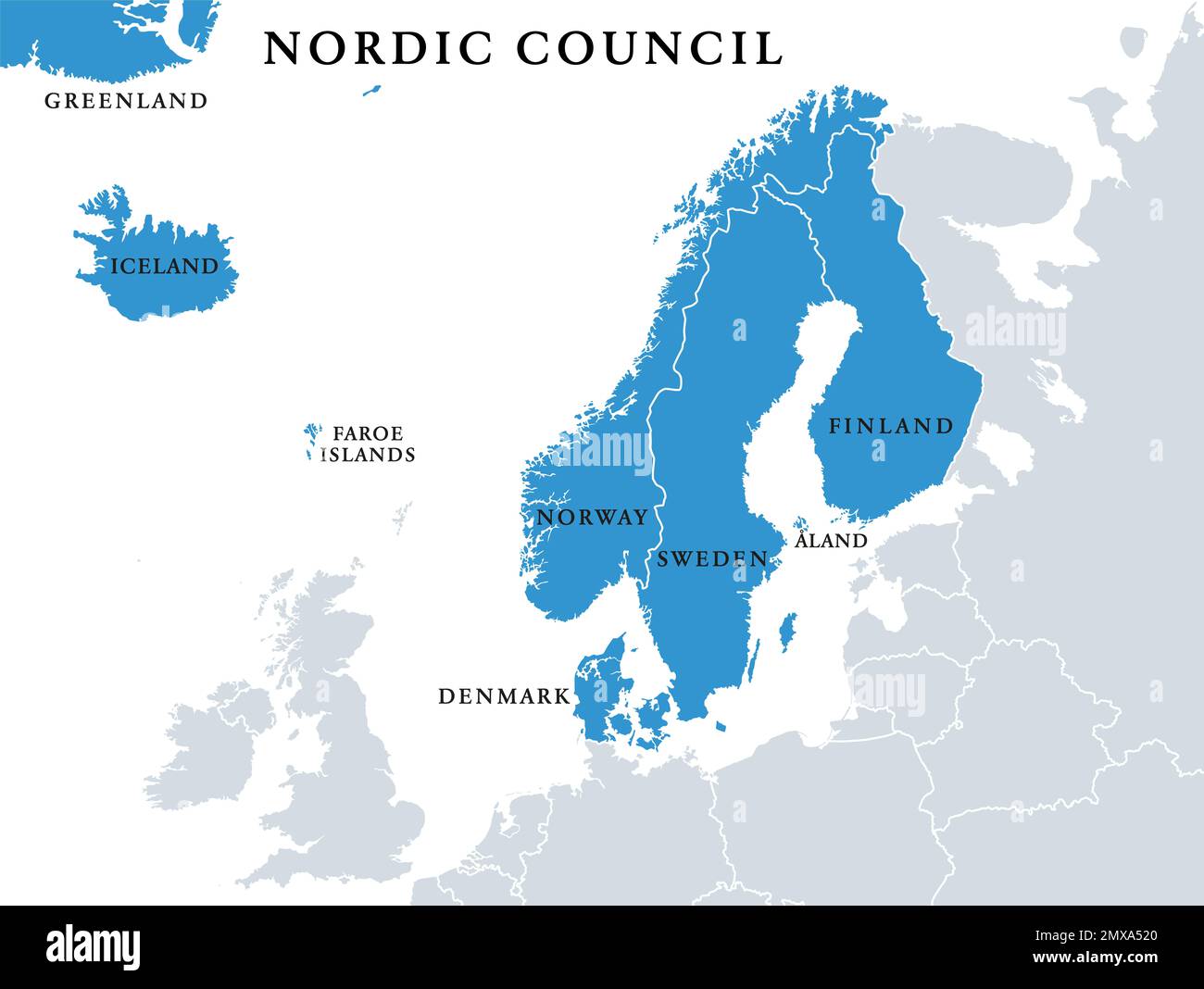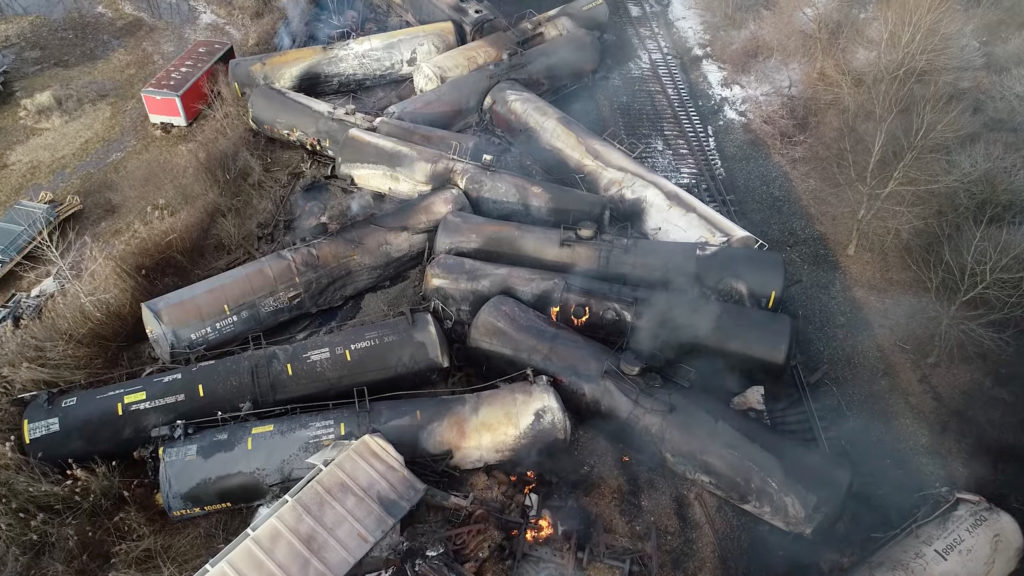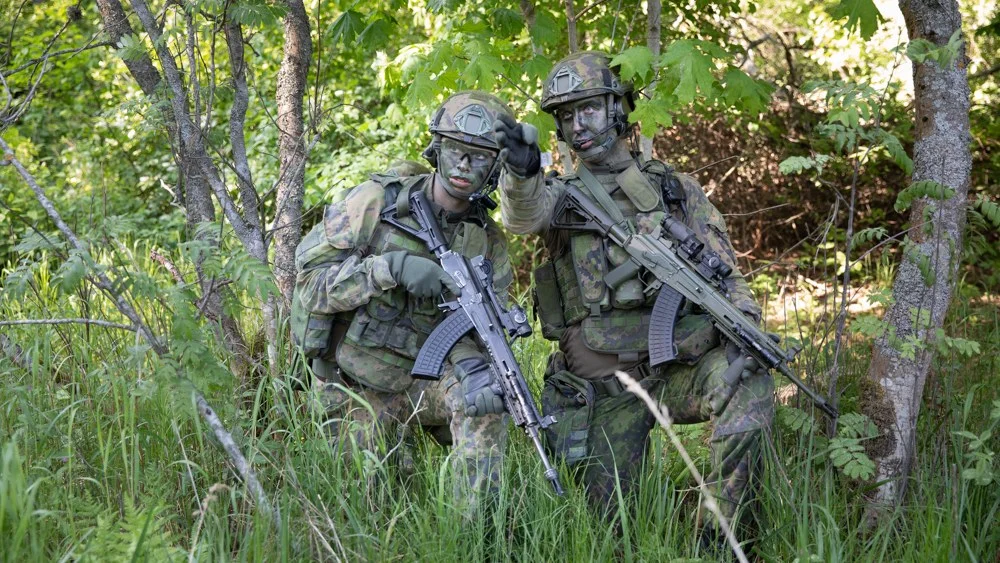Joint Nordic Defense: The Role Of Sweden And Finland

Table of Contents
Historical Context: From Neutrality to NATO Membership
For decades, both Sweden and Finland maintained policies of neutrality, a legacy rooted in their historical experiences and geopolitical positioning during the Cold War. However, Russia's increasingly assertive foreign policy and the blatant violation of Ukraine's sovereignty shattered the perception of a stable, predictable security environment. The invasion served as a stark wake-up call, highlighting the vulnerability of even traditionally neutral nations. This led to significant shifts in public opinion within both countries, fostering overwhelming support for NATO membership.
- Decades of non-alignment policies: Both countries carefully navigated a complex geopolitical landscape, avoiding formal military alliances.
- The impact of the Russian invasion of Ukraine: The invasion demonstrated the fragility of neutrality in the face of unprovoked aggression.
- Shifting geopolitical landscape and increased security threats: A more assertive Russia and other evolving threats necessitated a reassessment of security strategies.
- Public opinion shifts towards NATO membership: Widespread concern for national security fueled overwhelming support for joining NATO.
Enhancing Nordic Defense Cooperation: Military Integration and Capabilities
Sweden and Finland's NATO accession significantly enhances existing Nordic defense cooperation, creating a more robust and integrated security framework. The increased interoperability of armed forces allows for seamless joint operations, boosting overall military effectiveness. This cooperation extends beyond joint military exercises and training to include:
- Increased interoperability of armed forces: Standardized equipment, procedures, and communication protocols improve coordination and efficiency.
- Joint military exercises and training: Regular joint exercises improve preparedness and strengthen interoperability.
- Enhanced intelligence sharing and information exchange: Improved intelligence sharing provides a more comprehensive understanding of potential threats.
- Strengthened air and naval defenses in the Baltic Sea region: The combined capabilities significantly enhance the region's defenses.
- Improved cybersecurity collaboration: Joint efforts combat cyber threats, a crucial aspect of modern warfare.
Geopolitical Implications: Impact on Russia and the Baltic Region
The expansion of NATO to include Sweden and Finland has significant geopolitical implications, particularly for Russia and the stability of the Baltic region. While Russia has voiced its disapproval, the enhanced military capabilities and collective defense posture of the expanded alliance serve as a powerful deterrent against potential aggression.
- Russia's reaction and potential countermeasures: Russia's response has included increased military activity near its borders and heightened rhetoric.
- Strengthened deterrence against potential aggression: The increased military presence and collective security commitment deter potential acts of aggression.
- Increased security for the Baltic states: The strengthened alliance provides enhanced protection for the Baltic states.
- Changes in the regional power dynamics: The shift in the regional balance of power leads to a more secure and stable environment.
The Role of Sweden in Joint Nordic Defense
Sweden brings substantial military capabilities to Joint Nordic Defense. Its strategic location, particularly Gotland Island, provides crucial control over the Baltic Sea. The Swedish Armed Forces, including a strong air force and navy, contribute significantly to regional security. Sweden's substantial defense budget and advanced military technology further enhance the overall capabilities of the alliance.
The Role of Finland in Joint Nordic Defense
Finland's contributions to Joint Nordic Defense are equally vital. Its extensive land border with Russia provides crucial ground intelligence and strategic depth. The Finnish Armed Forces, known for their expertise in Arctic warfare and land combat, are highly valuable assets. Finland's air force and army bolster the collective defense capabilities of the alliance.
Conclusion
Sweden and Finland's NATO membership marks a transformative moment for Joint Nordic Defense, significantly enhancing regional security and deterrence. Their integration brings substantial military capabilities, improves intelligence sharing, and alters the geopolitical balance in the Baltic Sea region. The enhanced cooperation promises increased stability and security for the entire Nordic region, creating a more robust and resilient defense posture against potential threats. Learn more about the evolving landscape of Joint Nordic Defense and the crucial roles played by Sweden and Finland. Stay informed on the latest developments in Nordic security and the implications for the future of the region. Understanding Joint Nordic Defense is crucial for comprehending the changing security dynamics of Northern Europe.

Featured Posts
-
 Ohio Train Derailment Toxic Chemical Lingering In Buildings Months Later
Apr 22, 2025
Ohio Train Derailment Toxic Chemical Lingering In Buildings Months Later
Apr 22, 2025 -
 The La Wildfires A Case Study In The Ethics Of Disaster Betting
Apr 22, 2025
The La Wildfires A Case Study In The Ethics Of Disaster Betting
Apr 22, 2025 -
 Assessing The Vulnerability Of Chinas Export Led Growth To Tariffs
Apr 22, 2025
Assessing The Vulnerability Of Chinas Export Led Growth To Tariffs
Apr 22, 2025 -
 Stock Market Pain Investors Brace For Further Losses
Apr 22, 2025
Stock Market Pain Investors Brace For Further Losses
Apr 22, 2025 -
 Analyzing The Potential Of A Joint Swedish Finnish Military Force
Apr 22, 2025
Analyzing The Potential Of A Joint Swedish Finnish Military Force
Apr 22, 2025
